The HSPop Faculty Accelerator Fund provides professional development opportunities for mid-career faculty in the Department of Health Systems and Population Health. The fund was created to provide preliminary resources for pilot testing of “good ideas,” generating results that could potentially lead to large grants to continue the research.
“We have excellent faculty working hard to learn about what works to reduce health inequities. When they have a new, potentially great, idea, they often need hard-to-come-by small funding to pilot their idea before going for a larger grant. The Faculty Accelerator Fund is designed to provide that small funding.”
-Jeff Harris, Professor of Health Systems and Population Health
The fund was established by professor of Health Systems and Population Health Jeff Harris and Judy Wasserheit, professor of Global Health.
This annual award is given to faculty who have demonstrated outstanding potential for scholarly and professional contributions in the various disciplines of health services.
Recipients
Maggie Ramirez – 2024-25
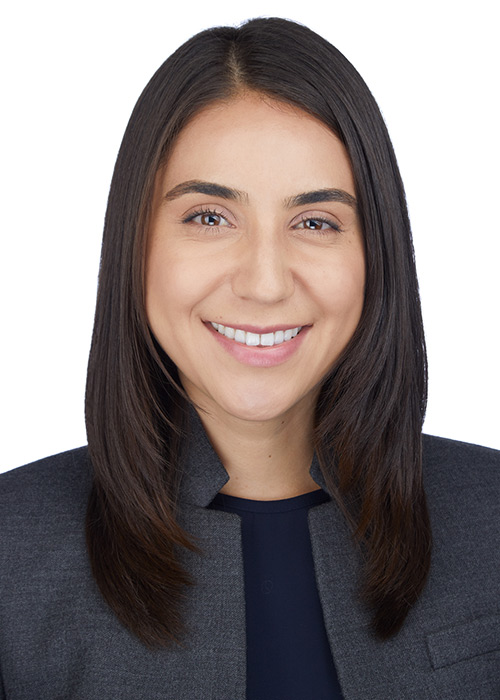
Maggie Ramirez
Assistant Professor, Health Systems and Population Health
William L. Dowling Endowed Faculty Fellowship in Health Administration
The Faculty Accelerator award will fund a project that will develop and evaluate an Artificial Intelligence (AI)-augmented intervention for Spanish-speaking Latino caregivers of people with Alzheimer’s disease and related dementias (ADRD). Novel AI applications based on Large Language Models (LLMs) have the potential to enhance access to supportive services for Latino caregivers.
The grant will develop an AI chatbot to augment nurse-delivered problem-solving therapy to Spanish-speaking Latino caregivers of children with chronic conditions.
This project will utilize existing pilot data to fine-tune LLMs for automating Spanish language STAR-C coaching services, creating a functional STAR-C chatbot prototype powered by an adapted LLM. The chatbot will complement the current supportive services provided through STAR-C’s online learning modules and weekly phone check-ins with STAR-C consultants.
Miruna Buta – 2024-25
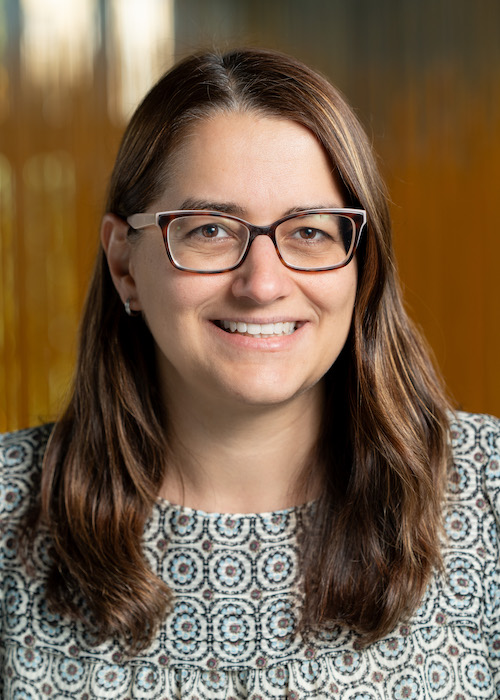
Miruna Buta
Associate Teaching Professor, Health Systems and Population Health
Adjunct Assistant Teaching Professor, Sociology
The Faculty Accelerator award will help to develop a public health writing training module for teaching assistants. Writing is an essential skill for public health researchers and practitioners and yet it receives very little attention in public health education.
This project is a collaboration with Dr. Katarina Mucha, Assistant Teaching Professor in the Department of Global Health.
The team will develop a training for teaching assistants in the School of Public Health, building on content offered by Teaching @ UW, and custom-tailoring it to public health students. The Accelerator Funds will be used to hire a graduate student assistant to aid in developing the training module.
Linda K. Ko – 2023-24
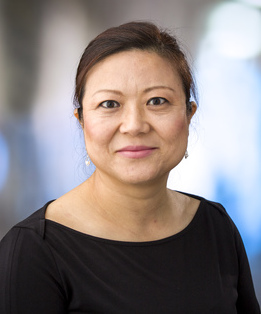
Linda K. Ko
Professor, Health Systems and Population Health
Associate Chair, Health Systems and Population Health
Adjunct Professor, Family Medicine
The Faculty Accelerator award helped implement the Healthy Mind Healthy Living project, a single arm, pre-/post-intervention study to evaluate the preliminary efficacy of mindfulness-based cognitive therapy (MBCT) on depression among 40 older Korean American adults.
This is a collaboration with a community-based organization (Asian American Resource and Information Network, AARIN), Dr. Pallavi Visvanathan (a MBCT clinician and trainer), and Dr. Amanda Shallcross (MBCT researcher) at Cleveland Clinic.
Preliminary data showed reduced depression and anxiety and improved sleep quality post-participation in MBCT sessions. Accelerator funds covered part of the costs of hiring a graduate student data collector for the semi-structured interviews and completion of transcription and translation (Korean to English) of the interview data.
Edwin S. Wong – 2022-23
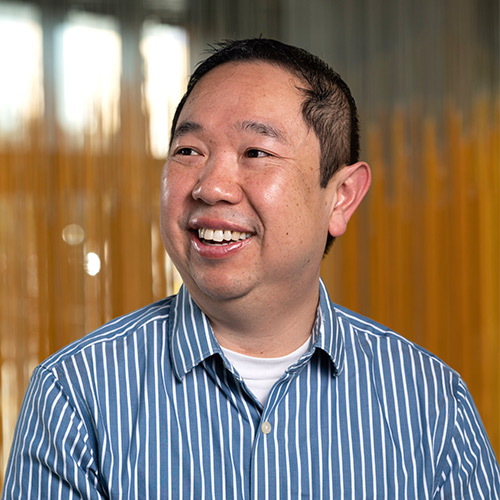
Edwin S. Wong
Research Associate Professor, Health Systems and Population Health
Core Investigator, Veterans Administration Puget Sound Health Care System
Funding from the Faculty Accelerator award was used to support time effort for a graduate-level research assistant to conduct pilot work supporting development of provider network adequacy indicators that better incorporate the preferences of persons of color and other marginalized populations.
Specific activities have included the completion of a literature review pinpointing key drivers of individuals’ choice of providers, identifying potential data sources for measure development and the exploration of a comprehensive database of providers and their characteristics.
Michelle Johnson-Jennings – 2021-22
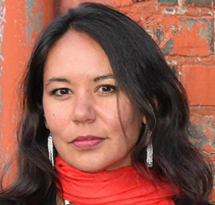
Michelle Johnson-Jennings
Professor, Health Systems and Population Health
Professor, School of Social Work
Faculty Accelerator Funds were used for the Chahta Chatter Proposal, which sought to explore how a podcast could be utilized as health intervention for increasing health knowledge dissemination.
Two student research assistants were hired, both Indigenous students (one US-based and one in Latin America). Funds were further utilized to record two podcast sessions and purchase microphones to gain participant quotes. An online survey was developed and was preparing to launch at last check in.
(This was one of two awards granted in 2021-22)
India J. Ornelas – 2021-22
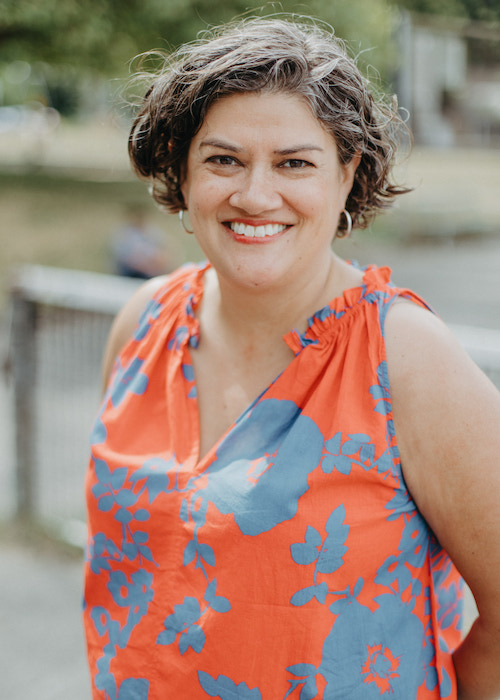
India J. Ornelas
Professor, Health Systems and Population Health
Professor, Fred Hutchinson Cancer Research Center
India used the Faculty Accelerator Fund grant to build relationships with two community partners in the Yakima Valley. Together they conducted a small research project to pilot an intervention to address mental health in Latina immigrant women. The pilot was very successful and the community partners were supportive of continuing the project.
The team applied for and were awarded a Tier 3 Population Health Initiative grant to continue the work.
(This was one of two awards granted in 2021-22)
